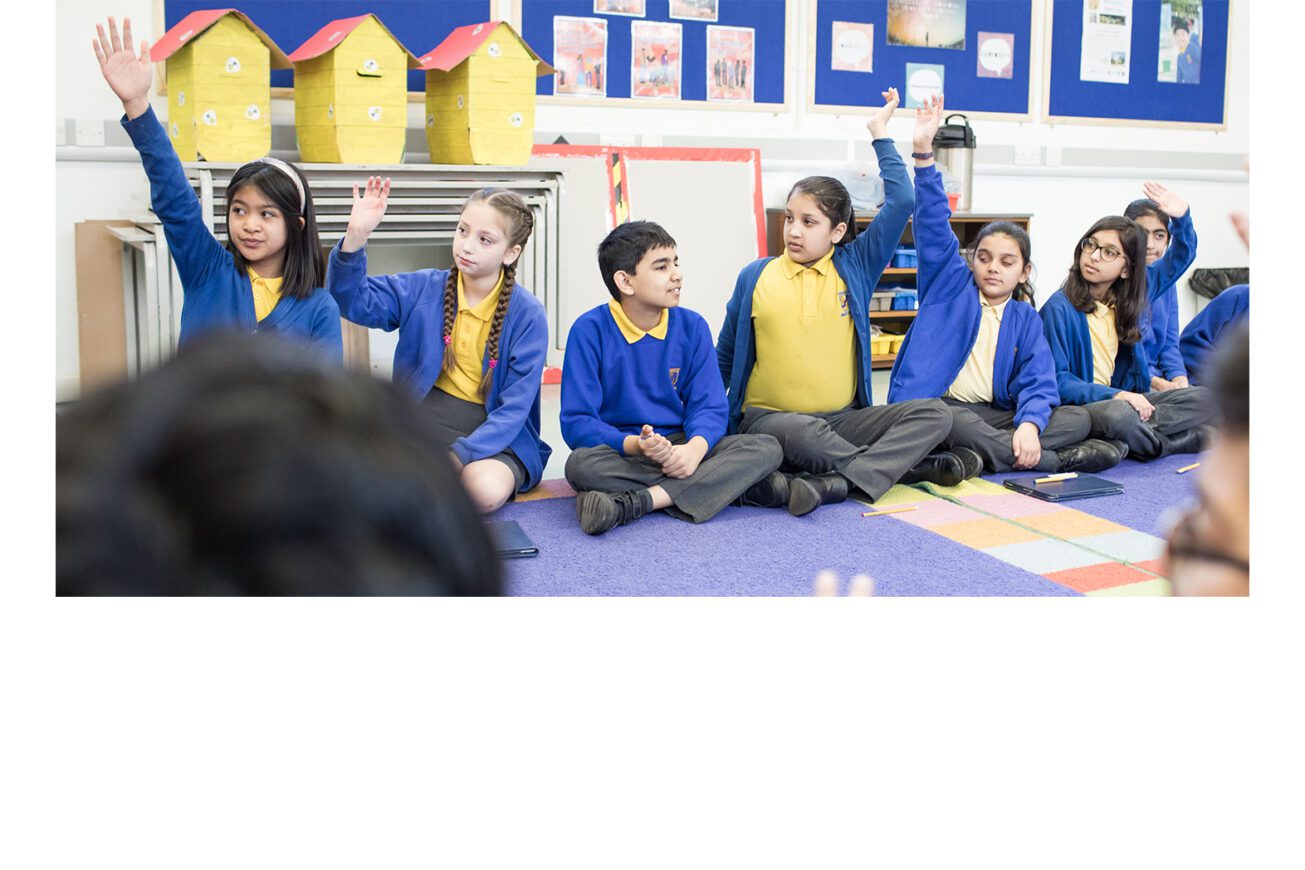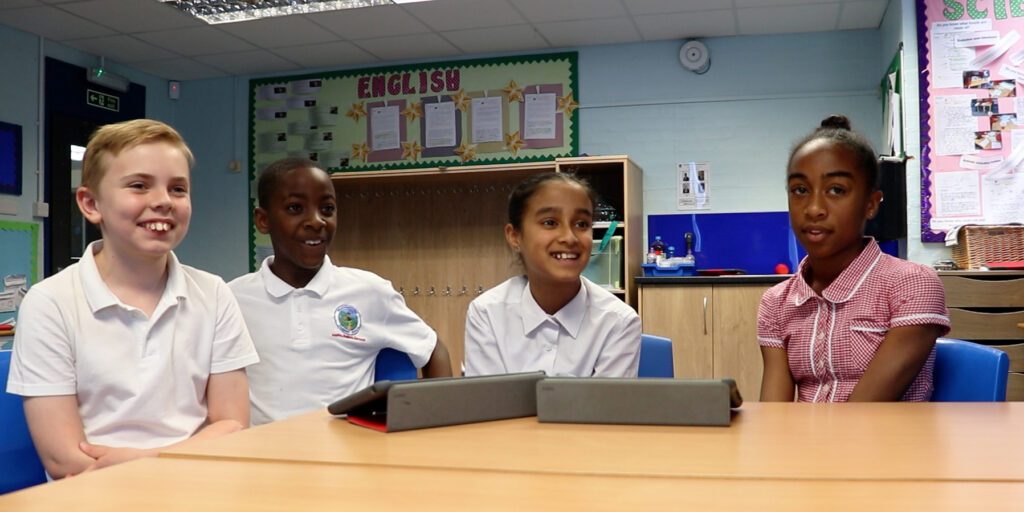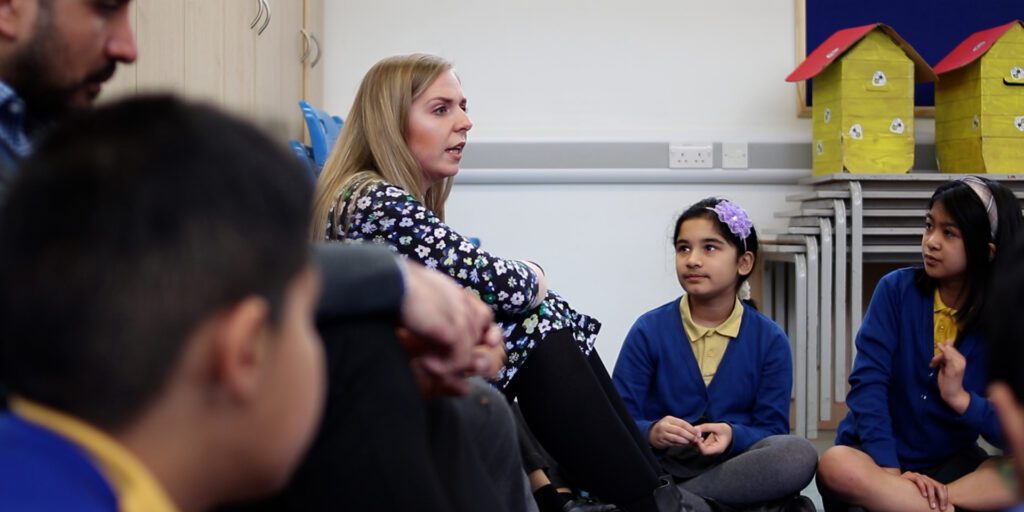Facilitating Behavioural Change

As the scholar, Charles Silberman said, “The facilitative teacher is one who guides, instigates, and motivates students to learn, rather than act as the source of learning”. When it comes to the delivery style of Choices, our universal school-based programme, we wholeheartedly advocate this approach. As teachers head into the fourth week of the delivery, they’ve firmly established a safe space that enables pupils to share feelings, explore values, express opinions and consider those of others while also building trust, confidence and a strong sense of self. This is critical in becoming more resilient, and the facilitative approach is a great way to elicit that.

Teaching Practitioners are integral to our delivery process. Choices is facilitated, not taught, and for good reasons. Firstly, this approach acknowledges the importance of young people’s experiential knowledge about their complex world and its challenges, insight that only they have. Secondly, teachers often share their concerns about their own and pupils’ “growing-up experiences”. These concerns, they say, sometimes leave them ill-equipped to provide the support they would like. Our research suggests pupils are similarly sensitive to this. Even when they liked their teachers, they tended not to seek help from them, as their lives and stories seemed so distant from their own. Facilitating Choices requires teachers to share elements of themselves candidly. Doing so positively impacts relationships, they report, making it more likely pupils will look to teachers as trusted adults who’ll support them in making decisions and developing decision-making practices.

This is why we train teachers in dialogic pedagogy: facilitating our programmes creates safe spaces for all to share. The dialogic approach links to a compelling body of scholarship, which we share through our training. Teachers tell us that this approach changes their relationship with pupils and the dynamic within the class in a positive and enduring way. Moreover, teachers tell us the experience leads them to bring dialogic practices into other areas of their teaching, with Choices-style discussions and characters used as cognitive devices to tackle problems across different parts of the curriculum, reinforcing prosocial behaviours and executive functioning, a cornerstone of preventing future violence.
This is vital for Session Four, which explores the nature of influence, how this appeals to our need for belonging, and how, sadly, this can sometimes be manipulated. To better understand these ideas, pupils return to Marcus’s story and, in particular, the influences that shape his identity as he grows up. The ability to talk about those experiences, share opinions with others and learn from the plural voices in the room is a powerful learning experience and a critical component of the Choices methodology.
To find out more, please get in touch with us at: chat@engagelime.com or here